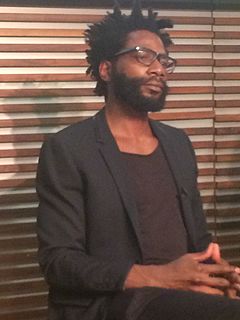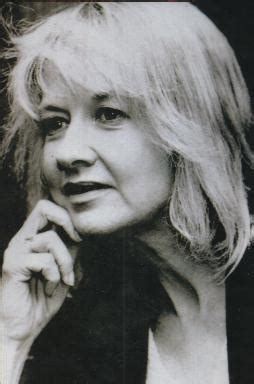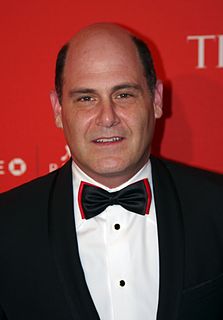A Quote by Michael Salu
Through panel moderations and talks around culture, politics and identity I gradually gained opportunities to write in my own voice and not that of the brand. I'm interested in a lot of the languages that drive our culture. I'm interested in user experience as language or how societal malaise takes root. So through essays and short stories I began exploring some of these things.
Related Quotes
The language of the culture also reflects the stories of the culture. One word or simple phrasal labels often describe the story adequately enough in what we have termed culturally common stories. To some extent, the stories of a culture are observable by inspecting the vocabulary of that culture. Often entire stories are embodied in one very culture-specific word. The story words unique to a culture reveal cultural differences.
A lot of artists are good cooks as I'm too, but coming from a culture that was very concerned with food, I was very interested in that from the start. If you're interested in food, you're interested in lots of different aspects of culture. And it's like being interested in the music from a certain area, or writing, or whatever-food is part of that, too.
But you know what, honestly? I'm not that interested in advertising. I think it's a great way... It's such a huge part of our culture. It's like saying, "Are you interested in hair?" It's such a part of our life, and it's such a reflection of how we feel about ourselves, and what we're interested in, and what we want to be.
I think we create our world through stories. We use storytelling to escape or protect ourselves from the unimaginable and the horrible - from the real, in a way. It's like white light - if you put everyday reality through a prism you get this rainbow of colors that you couldn't see before. I'm interested in exploring the world to show the things that are invisible. And not just undocumented aspects of reality, but to actually make manifest things that have been hitherto invisible through the intervention of filmmaking.
Fanfiction is what literature might look like if it were reinvented from scratch after a nuclear apocalypse by a band of brilliant pop-culture junkies trapped in a sealed bunker. They don't do it for money. That's not what it's about. The writers write it and put it up online just for the satisfaction. They're fans, but they're not silent, couchbound consumers of media. The culture talks to them, and they talk back to the culture in its own language.
One culture I find fascinating to juxtapose against American culture is the culture of Germany. They've gone through a long process through their art, poetry, public discourse, their politics, of owning the fact of their complicity in what happened in World War II. It's still a topic of everyday conversation in Germany.
































